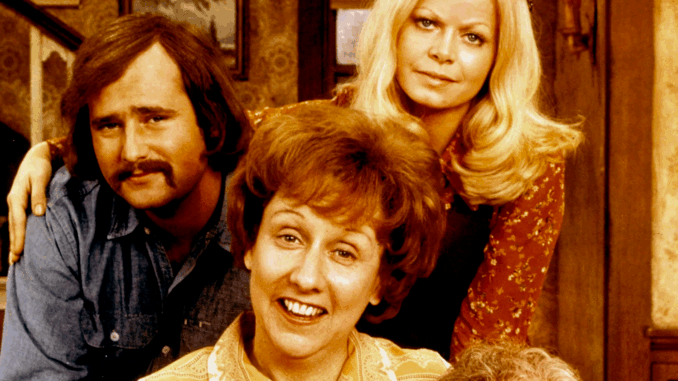
Jean Stapleton made a bold creative choice on All in the Family—she refused to let Edith scream at Archie. Discover the powerful reason behind this decision and how it shaped one of TV’s most beloved characters.
Edith’s Strength Was in Her Softness
On a show known for loud arguments and clashing opinions, Jean Stapleton’s Edith Bunker stood out with her quiet voice, calm demeanor, and unwavering kindness. But that softness wasn’t accidental—it was a conscious decision by Stapleton herself.
She believed that Edith’s strength didn’t come from shouting or standing toe-to-toe with Archie in volume—it came from patience, empathy, and deep emotional intelligence.
Jean Stapleton’s Vision for Edith
Writers occasionally crafted scenes where Edith would raise her voice or lash out in anger at Archie, especially during moments of frustration. But Jean Stapleton consistently pushed back. She felt that Edith would never scream—not because she was weak, but because she had a different kind of power.
Stapleton knew that Edith’s moral compass, gentle heart, and enduring tolerance were her truest weapons—and that screaming would break the character’s authenticity.
The Power of Quiet Resistance
Instead of shouting, Edith often responded to Archie’s outbursts with thoughtful silence, heartfelt questions, or a simple look of disappointment. These subtle responses often had more emotional impact than any angry monologue.
It was a masterclass in restraint, and it made Edith not only the emotional center of the Bunker household—but also a revolutionary character in her own right.
A Role That Inspired Generations
Jean Stapleton’s choice to preserve Edith’s quiet strength resonated deeply with audiences. Viewers saw a woman who was loving, tolerant, and deeply principled—not because she yelled to be heard, but because she listened and stood firm in her values.
Her portrayal broke the mold of what strength looked like in female characters during a time when television often favored louder expressions of power.
Final Thoughts
Jean Stapleton’s refusal to let Edith scream at Archie wasn’t just a creative choice—it was a powerful statement about character, dignity, and emotional strength. In doing so, she gave television one of its most beloved and quietly revolutionary women.
Edith didn’t need to raise her voice to leave a lasting impact—she just needed to be herself.